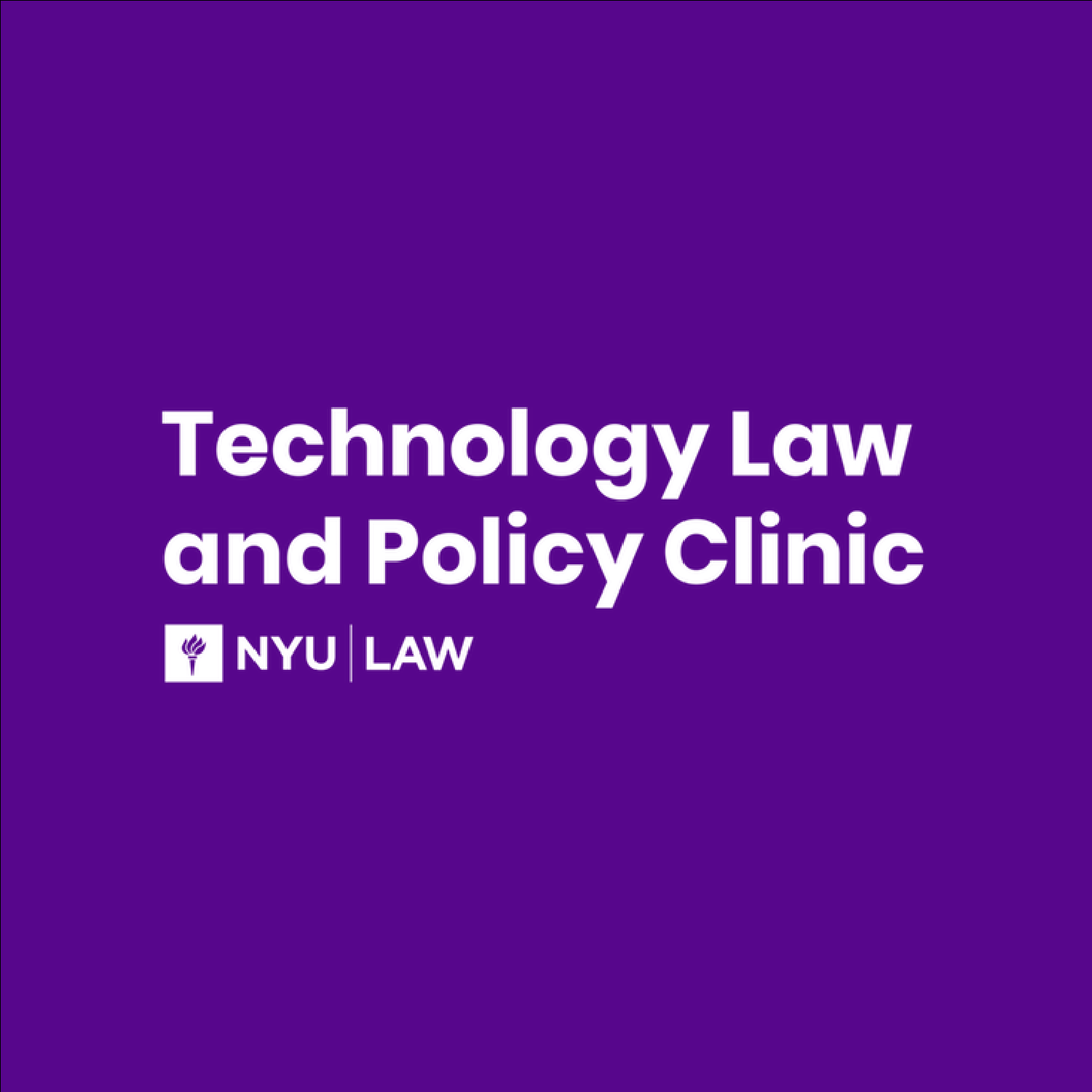NYU’s Technology Law and Policy Clinic and the Electronic Frontier Foundation Urge the 4th Circuit to Stop Geofence Privacy Abuses

By Talya Nevins (‘24) and Yanan Wang (‘24)
Riding your bike around the neighborhood, going to your local church, or visiting your doctor could land you on the police’s radar, thanks to a new surveillance tool: geofence warrants.
NYU Law’s Technology Law & Policy (TLP) Clinic filed an amicus brief on behalf of itself and the Electronic Frontier Foundation (EFF) to highlight the critical privacy interests at stake in United States v. Chatrie, a criminal case that is the first to challenge police use of geofence warrants at the federal appellate level.
Geofencing allows law enforcement to retroactively identify and track individuals by accessing their Google Location History data. In practice, police can simply draw a circle on a map (a “geofence”), then ask Google to turn over the Location History of every Google user who appeared in the geofence during a designated time period.
“Location History can encompass some of the most intimate details of a person’s life,” said clinic student Yanan Wang. “Our brief seeks to reveal the ways in which geofence warrants violate the privacy protections of the Fourth Amendment.”
Police across the country are increasingly using these tools to investigate crimes at all levels of seriousness. But here’s what makes geofence warrants uniquely powerful and, in TLP’s view, dangerous: geofencing generally happens before the police have even identified a suspect. Whereas police generally are required to specify the target of a warrant, with geofencing, they resort to casting a dragnet that reveals the Google Location History of anyone who happened to be near the scene of a crime.
This is how police in Virginia identified Okello Chatrie in their investigation of a 2019 bank robbery. At trial, Mr. Chatrie’s defense team successfully argued that the geofence warrant utilized in the investigation failed to meet the Fourth Amendment requirements of particularity and probable cause. The judge agreed, finding that it was unconstitutional for the police to seek the Location History of everyone near the bank––an area that included homes, a hospital, and a church––without any reason to individually suspect them. But the court ultimately denied a motion to suppress evidence obtained through the geofence warrant based on a finding that the officers who had obtained the geofence warrant in the case had acted in “good faith.”
Mr. Chatrie’s lawyers—Michael Price of the National Association of Criminal Defense Lawyers and federal public defenders Laura Koenig and Geremy Kamens—appealed to the U.S. Court of Appeals for the Fourth Circuit, hoping that the appeals court will ultimately suppress the evidence obtained through this unconstitutional warrant.
Cases like Chatrie are just the “tip of the iceberg,” as geofence requests have increased dramatically since their first reported use in 2016, wrote EFF Surveillance Litigation Director Jennifer Lynch. EFF, the clinic’s co-client on this brief, is a leading nonprofit organization defending digital privacy, free speech, and other civil liberties in the technological realm.
In their amicus brief supporting Mr. Chatrie’s defense, the TLP Clinic and EFF stress that the unconstitutionality of geofence warrants extends beyond this case. They argue that geofence warrants are a modern form of the oppressive, colonial-era “general warrants”’ that gave police unlimited discretion to rummage through homes without cause, and point out that such conduct is precisely what the Fourth Amendment was crafted to abolish. The brief further argues that geofence searches are uniquely dangerous surveillance tools that threaten democratic freedoms and exacerbate the over-policing of marginalized communities.
The breadth of the geofence search deployed in the Chatrie investigation is a prime example of how invasive this tool can be. Reproductive rights advocates have sounded the alarm about how geofencing will be used to identify people seeking abortions or other reproductive health services. Others fear that once police grow accustomed to using geofencing, they will begin to use them to surveil all sorts of misdemeanors and minor infractions, establishing a dystopian state of constant, yet unseen, surveillance.
“Police already have so many surveillance tools to identify crime suspects,” said Talya Nevins, the other TLP student behind the amicus brief. “The added value of geofencing is so low, and the invasion of privacy so high, that allowing their continued use would be incredibly dangerous.”
